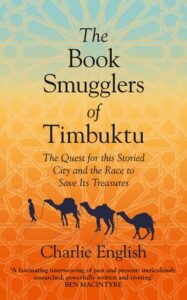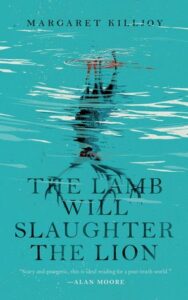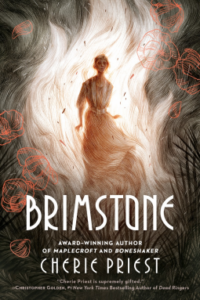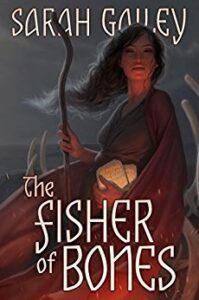 Koko Takes a Holiday, Kieran Shea
Koko Takes a Holiday, Kieran Shea
Koko Takes a Holiday is definitely fun, in a rip-roaring blood and guts and plenty of sex sort of way. It rolls along at a tremendous speed, and it’s a really fast read because of it: there’s very little sitting around and thinking about what’s going to happen next, because what’s going to happen next comes straight through the door at you ready to pounce. That said, I was never really in any doubt that Koko would make it and probably shack up with a particular other character at the end, and I never really felt like her losses were earthshaking. She’s all ready to slide back in the status quo, no introspection, no bad memories, nothing.
Also, Flynn has the potential to be an interesting character, with his diagnosis of Depressus (which is basically depression only everybody encourages you to go top yourself because life’s not actually worth living and it’s untreatable, blahblahblah) and how he handles it, but since it’s basically handwaved away through danger and sex (“you’ve just got to change your life!” is almost literally what Koko says), it actually comes across as a little insulting (that’s not how depression works, even the ordinary kind). Depression can be a big problem, we don’t have any surefire treatments that will fix you right up, and this book’s portrayal of a society which is just all casually “yep, go kill yourself together in a regularly scheduled jump into the atmosphere from really high up” as a reaction sits really badly with me. More badly the more I think about it, actually.
Also, much grossness, like people literally pissing themselves with fear (described in loving detail) and biting people’s eyes out (also).
Ultimately, it’s popcorn, and that’s fine once in a way for me, but I can’t see myself reading any of the sequels. And I do have serious questions about the flippant treatment of depression implied in Koko’s “cure” for Flynn, now that I think about it. Ugh.









